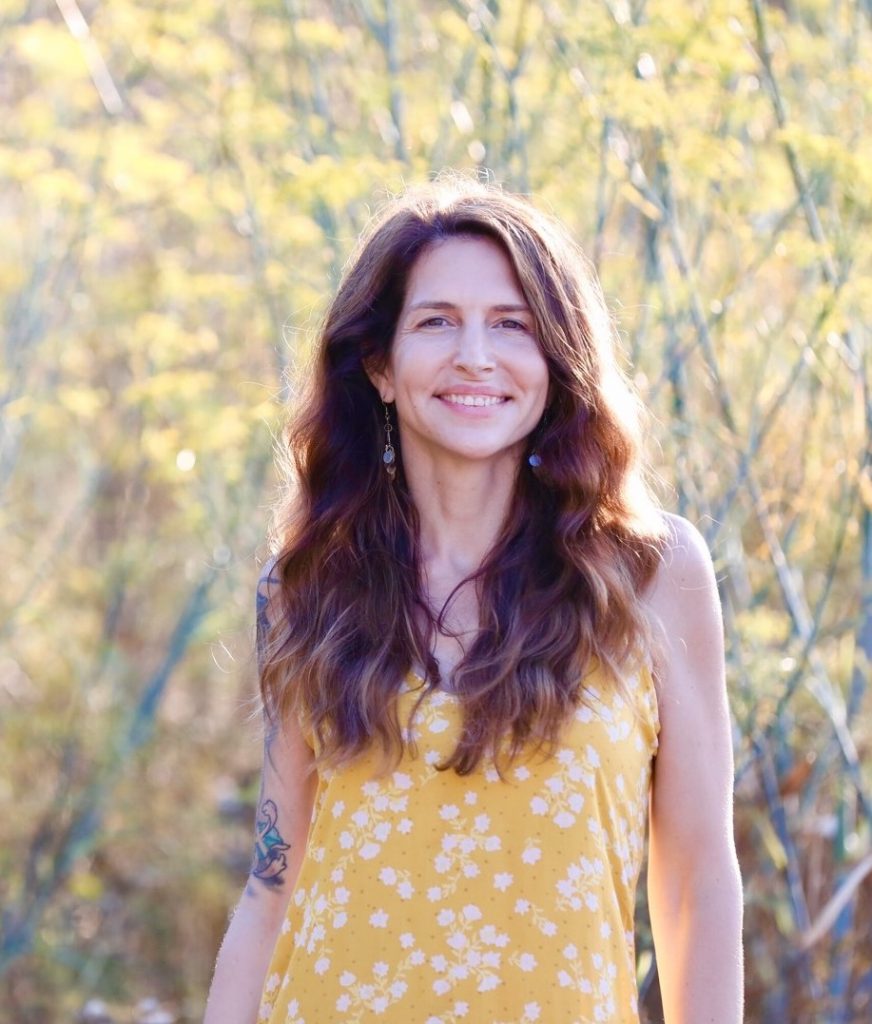It takes a very small amount of empathy and compassion to recognize that if someone is getting angry, then very often, something is wrong. Yet we so often miss this point—even when relating to the people close to us.
We often miss the point because of an underlying belief we have about anger being “wrong” or “bad.”
Just a short while ago, during my visit to a spiritual community, I had a potent exchange with one of the leaders that highlighted the importance of restructuring our relationship to anger – especially amongst spiritual people.
Prior to this exchange, I had just received some very difficult news and I was trying to figure out what to do with it. I went to her for help and guidance. She was not giving me the type of answers that would help or even a compassionate response, and I began to get irritated.
With all of the veiled condescension that is only possible from a person who has put their emotions in quarantine, she said, “I can sense you are getting angry.” Of course I was angry—and confused, and a little afraid. I’d just had my world rocked. How was saying this and not acknowledging my distress in service of resolution? How was this a spiritually mature response?
It wasn’t.
It felt much more like a shame-based technique born in a sense of moral superiority than a helping hand. Of course, it was never her responsibility to relieve my distress but it was unnecessary to add to it through implying my feelings were somehow wrong.
Anger is not something to be gotten rid of. In fact, one of the most problematic aspects of dealing with anger is the faux spiritual belief that anger is a sign of lack of spiritual development.
Like all emotions, anger is essential. Anger is part of the navigation system of our emotions. Without it, we are left traveling with only a partial map. Anger can help us know to protect those we love or ourselves. It can show us when we are in danger. It can convey the very important message that enough is enough.
Overall, our anger shows us that something we consider important is being threatened.
We are wise to pay attention and see what this is.
Each day, we can experience disrespect, mistreatment, and boundary violations. For some of us, this is much more common than it is for others. Is the highest and best response to this truly a complete absence of anger? Or, is it simply a more productive relationship to our anger?
In our interpersonal relationships, we can struggle with challenges such as meeting our needs versus the needs of those we care about. We can feel like we give too much and haven’t gotten enough in return. Or, we can feel betrayed when someone close to us does something we never thought they would do.
All of these situations can at times produce feelings of anger.
It is possible to do some soul searching when facing these situations and because of this feel less anger and more understanding. This an extremely important piece of navigating the fields of anger—learning to see things differently, letting go of past hurts, expressing ourselves more constructively.
In short, becoming more skillful in dealing with our anger.
However, it is also important to embrace anger in ourselves and others and see it as the powerful rich resource that it is. Anger has some powerful lessons for us, and not all of them are about how to experience it less.
When we pay attention to it in ourselves, we learn our motives and our values. Sometimes, we might learn that we are protecting something that we no longer want to protect. Sometimes, we learn that we have not been protecting something that we need to. Either way, in these ways and in others, our anger informs us.
When we pay attention to the anger of others, we learn what is most important to them. We can see where they are most delicate. Their anger can show us where they are hurting or where they have been hurt. Empathy and compassion allow us to see past the anger and address the issue at hand—which is quite often not, solely, their lack of ability to express their anger effectively.
To embrace the teachings of anger, we do not need to put ourselves in harm’s way. When we face someone else’s anger, we must carefully discern how to care for ourselves as well as the other person There are those people who have such wells of anger that they become dangerous. Or, people who are in so much pain that we need to save ourselves rather than stick around to offer understanding. Learning how to care for ourselves as well as, potentially, another hurt person is one of the skills of working with anger.
Very likely, we have also, at some point, misused our anger or expressed it in a way that was particularly destructive. It benefits us to question ourselves and our intentions, but not to the point of shaming ourselves for our emotions. We simply need to be accountable.
When we misuse our anger, regardless of how well we are able to justify our position, it takes away a little of our light. Somewhere inside, we know that we have crossed a line and become the transgressor. This robs us of our power and can leave us more strongly justifying our position to escape the reality that we have created.
This is an example of how our anger can sometimes lead us astray.
Whether we are learning how to make space for anger, create healthier boundaries around it, or express it more cleanly, anger is a potentially powerful teacher and ally.
Anger is a fire. Fire can purify, transform, and destroy.
Fire can also create.
The anger that we feel can also inform us in such a way that it shows us what we or another person wants rather than only what we do not want. It can be used like fuel to create alternative ways of handling the problem at hand.
There are no easy answers when it comes to this powerful emotion. We cannot safely ignore or repress it. We cannot simply let it run wild.
The result that we get from an expression of our anger is powerful. It can liberate and can kill—sometimes both at the same time. The powerful impact of this emotion is in our hands and at its best is paired with soul-searching questions versus spiritual pabulum—questions that need to be asked with curiosity and respect as well as the desire to create something different.
In the end, we find the answers about how to learn from, and wield, our anger in the best possible ways from our healed and loving heart. It is here that we can hear its divine wisdom. It is here that we can use its fuel to create more of what we want in our lives.
For more about anger and safe expression of it, check out my post here >>> \”What’s ANGER got to do with it? Negative Emotions and the Lower Self.\”

